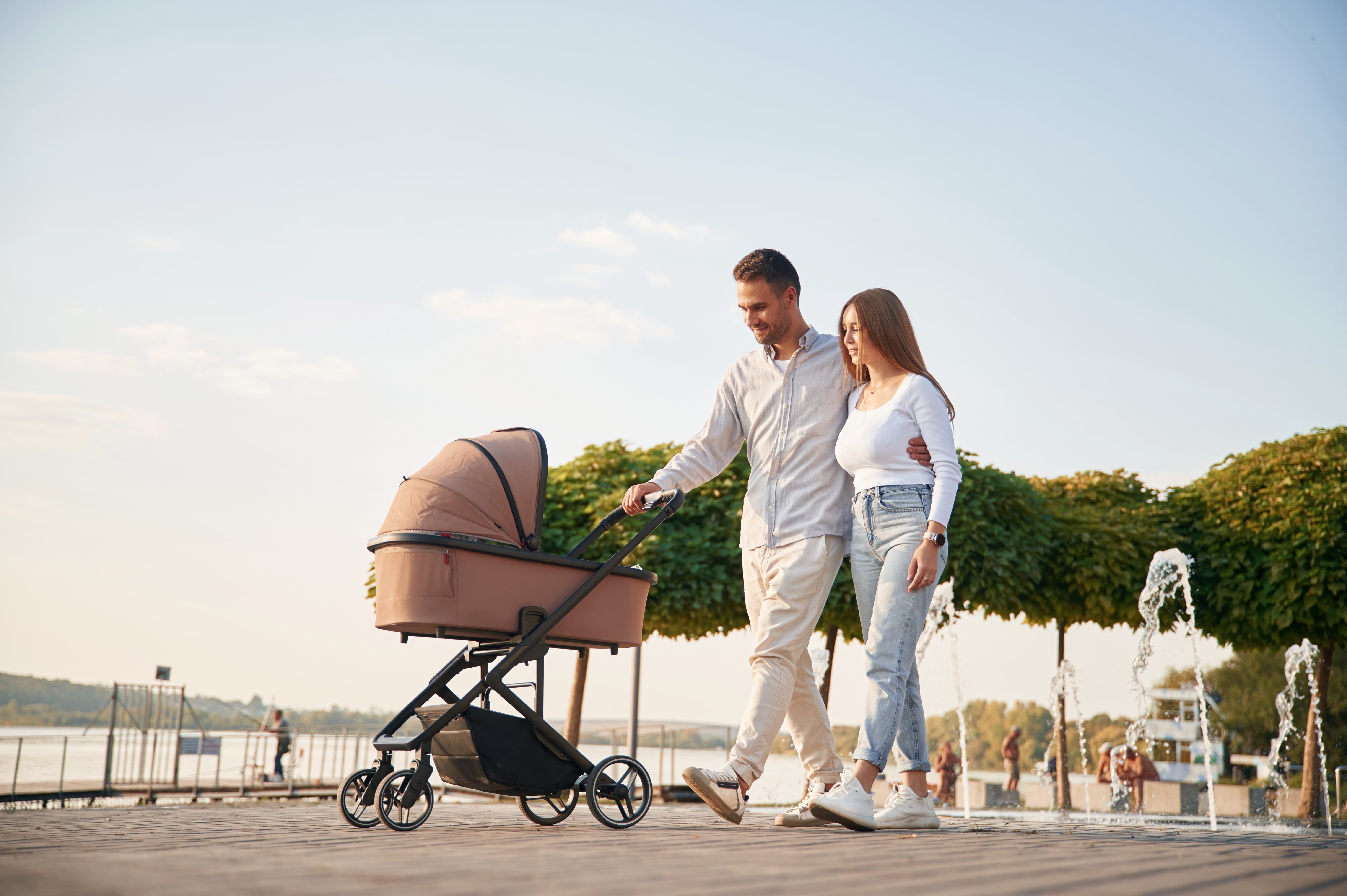The Reasons Pram Or Pushchair Could Be Your Next Big Obsession
Pram or Pushchair: A Comprehensive Guide for New Parents
Choosing the ideal mode of transportation for young children is among the very first considerable choices brand-new parents deal with. With Small Folding Double Pram on the marketplace, the debate in between prams and pushchairs can be bewildering. This article will offer detailed insights into the differences between prams and pushchairs, their specs, advantages and drawbacks, and what to consider before purchasing.
Comprehending Prams and Pushchairs
At its core, the choice in between a pram and a pushchair depends on their style and intended usage.
Definitions:
Pram: A pram, brief for “perambulator,” is created mostly for newborns. It includes a flat, carrycot-style seat that permits the baby to lie down completely flat. Small Folding Double Pram are frequently more glamorous and are intended for carrying babies who are not yet staying up independently.
Pushchair: A pushchair, also referred to as a stroller, is designed for older infants and young children who can sit up. Pushchairs normally have an upright seat and might not recline totally flat, although numerous models now provide adjustable reclining alternatives for comfort.
Key Differences:
Feature
Pram
Pushchair
Age of Use
Newborn to about 6 months
6 months to 4 years or more
Seating Position
Flat, lying down
Upright or a little reclined
Weight
Usually much heavier
Typically lighter
Mobility
Less portable due to weight
More portable and simpler to fold
Usage Case
Brief strolls, leisurely strolls
Daily usage, errands, longer trips
Advantages and Disadvantages
Pram
Benefits:
- Comfort for Newborns: Provides a flat surface area favorable to a newborn's developmental needs.
- Stylish Designs: Many prams come with sophisticated designs, offering a touch of luxury.
- Storage Space: Sometimes include larger storage alternatives below.
Drawbacks:
- Weight: Generally much heavier and bulkier than pushchairs.
- Minimal Usage: Suitable just for newborns and infants who can not sit up.
Pushchair
Benefits:
- Versatility: Suitable for older babies and young children, typically accommodating them for a number of years.
- Light-weight and Portable: Easier to fold and transfer, making them ideal for busy parents.
- Configurable Options: Many pushchairs have adjustable seats and accessories for automobile seats and carrycots.
Disadvantages:
- Comfort for Newborns: Not always appropriate for infants in the early months without an appropriate insert.
- Less Luxurious: Often viewed as less luxurious compared to prams.
Making the Right Choice
When it pertains to deciding in between a pram and pushchair, several aspects must be thought about:
1. Lifestyle:
- If parents frequently make long trips or choose strolls, a pram may be preferential.
- If they need to browse through city streets or take public transportation, a light-weight pushchair might be preferable.
2. Spending plan:
Pricing can vary widely. Understanding your financial limits will help focus on choices that meet both visual and practical criteria.
3. Adaptability:
Some progressive options consist of travel systems that permit parents to transition from a safety seat to a pushchair with the very same base, offering maximum flexibility.
4. Storage Space:
A pram may take up more space in a car or at home, while a pushchair's ability to fold down can be a considerable benefit in tighter spaces.
FAQs
Q1: Can I utilize a pushchair for newborns?
A1: Some pushchairs feature bassinet accessories or totally reclining seats, making them appropriate for newborns. However, it's important to examine the specs before usage.
Q2: How do I pick the best model?
A2: Consider your lifestyle, budget, and the features you prioritize, such as weight, portability, and storage choices.
Q3: Are prams and pushchairs safe for my baby?
A3: Yes, both prams and pushchairs are designed with security functions. Look for designs with a 5-point harness, sturdy brakes, and protected frames.
Q4: How long can I use a pram for?
A4: A pram is typically appropriate up until a baby can sit up unassisted, usually around 6 months.
Q5: What are travel systems?
A5: Travel systems are combinations of a safety seat and a pushchair that operate in tandem, enabling simple transitions from vehicle to pushchair without needing to eliminate the baby.
Selecting between a pram and a pushchair ultimately comes down to the requirements and lifestyle choices of each household. Prams use convenience and design for babies, while pushchairs offer versatility and ease for older babies and young children. By thoroughly considering individual scenarios and requirements, parents can make an educated choice that will make sure safe and enjoyable trips with their children.
In the end, whether one choose a stylish pram or a practical pushchair, the main aim remains the very same— ensuring comfort and safety for the child while facilitating convenience for moms and dads.
